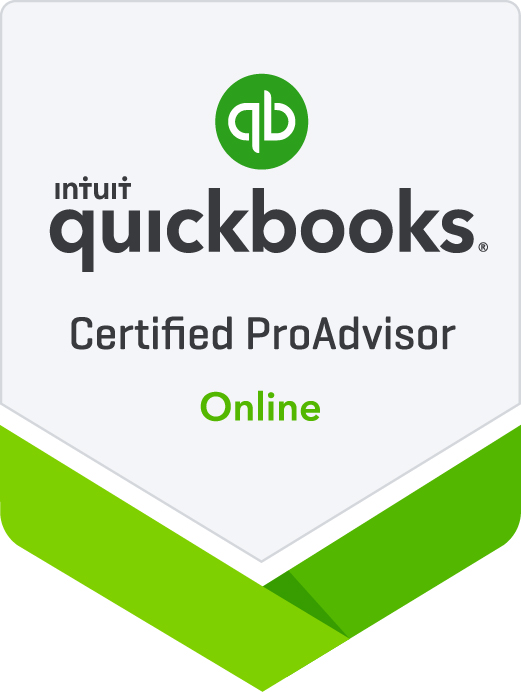Running a small business is exhilarating, but managing finances can feel like a daunting task. Effective bookkeeping is the backbone of any successful venture, ensuring you stay organized, compliant, and ready for growth. At Capacity Bookkeeping, we’ve compiled the best bookkeeping tips to help small business owners simplify their financial processes and focus on what they do best.
Organize Your Financial Records
Keeping your financial records organized is the first step toward stress-free bookkeeping. Create a system to track income, expenses, invoices, and receipts. Use digital tools like cloud-based accounting software (e.g., QuickBooks or Xero) to centralize your data. These platforms allow you to categorize transactions, generate reports, and access records anytime, anywhere.
Set up a dedicated business bank account to separate personal and business finances. This simplifies tracking and ensures accuracy during tax season. Create folders—physical or digital—for receipts, bills, and tax documents. For example, use a monthly folder system to store receipts and label them by category (e.g., utilities, supplies). Regularly updating your records prevents a year-end scramble and reduces errors.
Automate Where Possible
Automation is a game-changer for small business bookkeeping. Modern accounting software can automate repetitive tasks like invoicing, expense tracking, and payroll. Automation reduces human error and saves time, letting you focus on growing your business.
For instance, set up recurring invoices for regular clients or automate expense categorization by linking your bank account to your accounting software. Tools like Wave or FreshBooks offer affordable automation features tailored for small businesses. Additionally, consider using apps like Expensify to scan and log receipts on the go. By automating routine tasks, you’ll maintain accurate records with minimal effort.
Stay on Top of Cash Flow
Cash flow is the lifeblood of any small business. Poor cash flow management can lead to missed opportunities or even business failure. Monitor your cash flow weekly to understand your business’s financial health. Create a cash flow statement to track money coming in (e.g., sales, loans) and going out (e.g., rent, supplies).
To improve cash flow, invoice promptly and follow up on late payments. Offer multiple payment options, like credit cards or online platforms (e.g., PayPal, Stripe), to make it easier for clients to pay. Negotiate longer payment terms with suppliers if possible. A healthy cash flow ensures you can cover expenses and invest in growth opportunities.
Understand Tax Obligations
Tax compliance is critical for small businesses. Failing to meet tax deadlines or misreporting income can result in penalties. Familiarize yourself with your tax obligations, including income tax, sales tax, and payroll tax if you have employees. Keep track of deductible expenses, such as office supplies, travel, and marketing costs, to reduce your taxable income.
Work with a professional bookkeeper or accountant to ensure compliance with local, state, and federal regulations. Set aside money monthly for taxes to avoid a large bill at year-end. Use accounting software to generate tax reports, and consider quarterly tax filings if your business has significant revenue. Staying proactive about taxes saves time and reduces stress.
Reconcile Accounts Regularly
Reconciling your accounts ensures your records match your bank and credit card statements. Perform reconciliations monthly to catch discrepancies early, such as unauthorized charges or data entry errors. This process involves comparing your accounting software’s records with your bank statements to confirm they align.
If you notice inconsistencies, investigate promptly. For example, a missing transaction could indicate a forgotten expense or a bank error. Regular reconciliation helps maintain accurate financial records and builds trust in your bookkeeping system. It also prepares you for audits or financial reviews.
Invest in Professional Help
While DIY bookkeeping is tempting, professional help can save time and prevent costly mistakes. A bookkeeper or accountant brings expertise in tax laws, financial reporting, and compliance helping ensure your books are picture perfect. They can identify deductions you might miss and provide insights to improve profitability.
At Capacity Bookkeeping, we specialize in helping small businesses streamline their finances. Outsourcing bookkeeping allows you to focus on your core business while ensuring your books are accurate and compliant. Even part-time professional support can make a significant difference.
Review and Plan for Growth
Bookkeeping isn’t just about recording transactions; it’s about using data to drive growth. Review your financial reports monthly, including profit and loss statements, balance sheets, and cash flow reports. These reports reveal trends, such as rising expenses or seasonal sales patterns, helping you make informed decisions.
Set financial goals, like increasing revenue by 10% or reducing overhead costs. Use your bookkeeping data to create budgets and forecast future performance. Regularly reviewing your finances positions your business for long-term success.
By implementing these bookkeeping tips, small business owners can take control of their finances with confidence. Organized records, automation, and professional support pave the way for growth and stability. At Capacity Bookkeeping, we’re here to help you simplify your bookkeeping and achieve your business goals. Get in touch today.








Leave A Comment